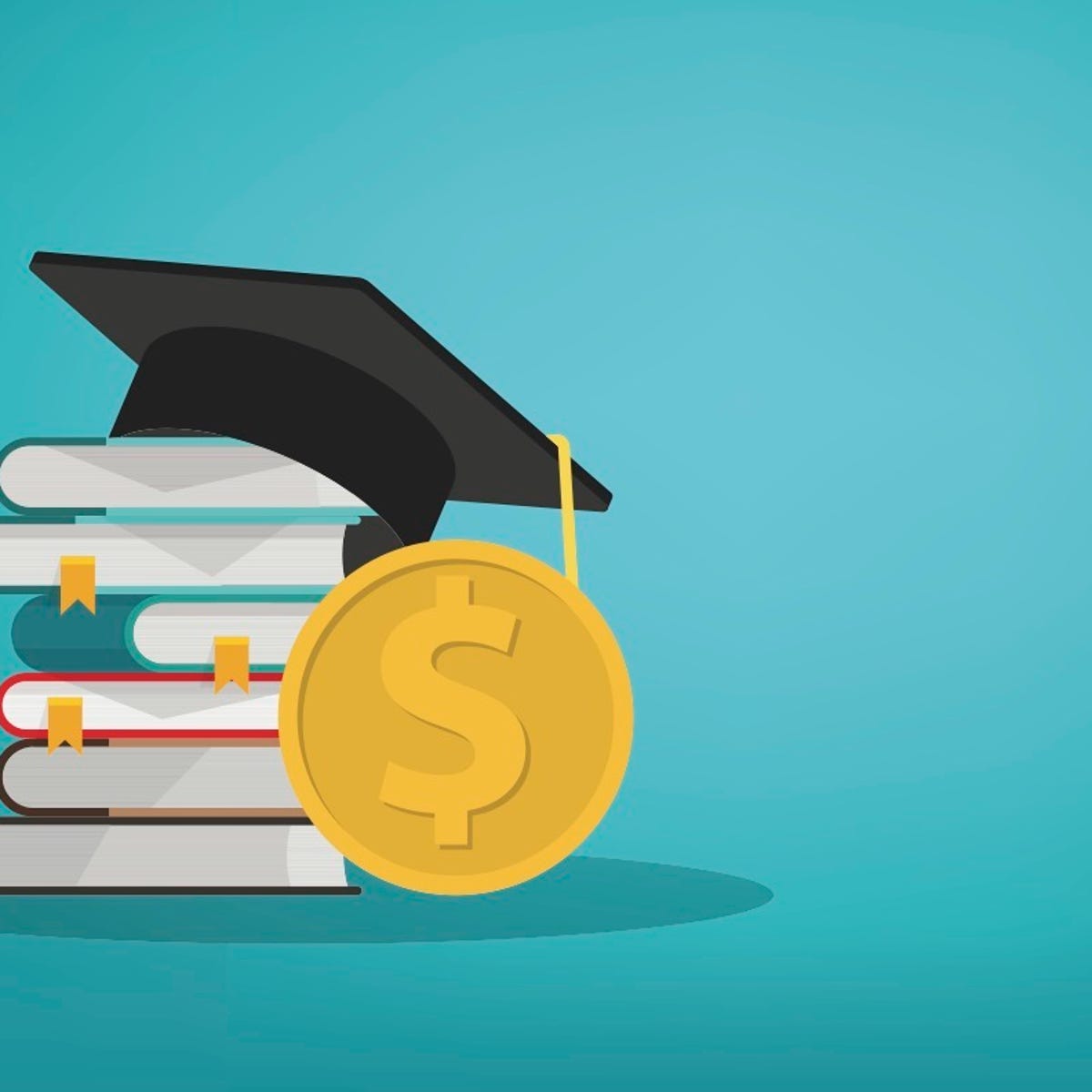
The student loan tax credit is a great way to save money on your taxes if you have student loans. If you are a student and have student loans, you can receive a tax credit to pay back your student loans. Read more about this here. The student loan tax credit is one of the best tax credits in the U.S. Learn how to get it and what it can do for you.
College tuition is expensive. Students pay thousands of dollars each year for their education. And while the student loan market has become a hot topic lately, there are still some things that students should know about how to save for college.
A recent study by the Federal Reserve found that the average student debt for graduating seniors has now risen to $29,400, making it the highest on record.
This is especially true for students who attend private schools, where the average debt is around $40,000, compared to $20,000 at public institutions.
So what can students do to help lower their financial burden?
In this article, we’ll go over the student loans tax credit, which allows students to deduct up to $2,500 per year toward their student loan payments.

Student Loans
Tax credit available to eligible taxpayers with student loan debt can be worth $2,500 or even $5,000, depending on the taxpayer’s circumstances.
A Student Loan Tax Credit is one of the most important ways for taxpayers to take advantage of the Earned Income Tax Credit and can be a huge boon for students from lower-income households who have been struggling financially.
But it’s also a complicated credit that can be confusing to understand. Read more…
While the federal student loan program has provided tens of thousands of students in Minnesota and across the country with access to college at no cost for decades, this tax credit is a boon for those who qualify. But it’s not without some hidden traps.
If you qualify, you could use your Federal Tax Refund to pay for college costs.
The Student Loans Tax Credit has been extended to individuals who have had a federal student loan for at least four years, with no repayment due on their loans through December 31, 2019. But the tax credit will be available only for borrowers who file taxes electronically by January 1, 2020.
The Student Loan Tax Credit
Is student loans tax deductible? According to the IRS, they are tax deductible if you work full time and have student loan debt.
Most Americans have student loan debt. Even more, they have student loan debt PLUS a mortgage. For some reason, many Americans view student loan debt as a bad thing.
Students across the country are starting their college careers with a mountain of student debt. And while many students choose to take out loans, they often end up paying too much interest and fees on those loans.
In addition, students often have to rely on financial aid to pay for school. Many students cannot save much money and might have to dip into their savings or take out more loans.
This can be problematic since many students graduate with a mountain of debt that could put them in a tight spot when it comes time to pay off their loans.
That’s why the federal government has introduced a new tax credit that allows students to deduct up to $2,500 from their taxable income if enrolled in a qualifying program during 2018.
The new tax credit could be a lifesaver for some students who need to pay for school but don’t have much extra cash.

Tax Credits
There’s a new tax credit in the news. Is iAre you eligible? Should you apply? t a good deal for you? Are l tell you all about it here.
Did you know that students who take out student loans can now receive a federal income tax credit for paying off their loan balances?
The new Tax Cuts and Jobs Act was signed into law last year on December 22, 2017. The legislation included a provision that allows you to claim a $2,500 federal tax credit per student for paying off your student loans.
You’ll qualify for the full tax credit if you’re enrolled in a four-year degree program.
Student loan debt is on the rise in the United States. According to the Federal Reserve Bank of New York, student loan debt hit $1 trillion in 2016.
But did you know that you can get some money back for paying off your student loans? You can get a refund of $2,500 if you pay off all your outstanding loans before the end of the year.
The Federal Tax Credit for paying down student loans is not new. It was established by the Economic Growth and Tax Relief Reconciliation Act of 2001 and was reauthorized in 2005.
However, it’s been underused. The IRS has found that most taxpayers aren’t aware of the credit, and many of those who are eligible don’t take advantage of it.
But now, there are signs that things are changing. More than 70 million people have started to apply for the tax credit, which could be worth up to $2,500.
How much can you claim?
When you graduate from college, you probably have student loans. But did you know that you could get money back on those loans?
That’s right! There’s a tax credit you can apply for that can reduce your student loan debt by up to $2,500. So, if you’re trying to pay off your student loans faster, you might want to look into this.
The good news is that this tax credit is only for students who have taken out loans after September 30, 2007. So, if you want to apply, you’ll have to be able to prove that you took out a student loan after that date.
I’m going to start by saying that if you’re still in school, you shouldn’t worry about student loans right now.
When you’re a full-time student, you have plenty of other things to think about than student loans. And if you’re already working, you should also be thinking about student loans.
However, if you have already graduated and you’re looking for a job, student loans may be one of the biggest problems you have to deal with.
The federal government has extended the maximum loan repayment period from 10 years to 15 years. This means that for the first time, a significant portion of your loans are not fully paid off until after you retire.
To make matters worse, your monthly payments are often larger than your salary. You may have to pay back $1,500 a month for 25 years, which is more than your annual salary.
You should consider a loan forgiveness program if you’re struggling with student loan debt. Some of the biggest companies in America offer these programs, including Bank of America.

Frequently Asked Questions (FAQs)
Q: Is there any truth to what we’ve heard?
A: There is no truth to what we’ve heard!
Q: So why did you put it out there?
A: I intended to give information to help others make better financial decisions. I have nothing against the student loan industry and didn’t was,nt trudge anyone who may or may not have taken out loans.
Q: Do you think it’s going to change anything?
A: I think that we need to make sure that we are making educated decisions and that we aren’t making hasty decisions. If you are in a situation where you are forced into debt, you shouldn’t have to take on more debt just because you were given the opportunity.
Q: Are student loans eligible for the tax credit?
A: Yes. In order to qualify for the full amount of the student loan tax credit, you must have made payments towards those loans for the entire year. If you are paying off a student loan faster than 10% of your adjusted gross income, you can still take advantage of this tax credit.
Q: Does this tax credit apply to private student loans?
A: No. The student loan tax credit only applies to federal government-backed student loans. Private student loans do not qualify for this tax credit.
Q: What does the student loan tax credit provide?
A: The student loan tax credit provides a taxpayer with a 50% deduction on qualified student loan interest paid.
Q: How much can a taxpayer deduct?
A: The maximum deduction for the 2013 tax year is $2,500.
Q: What do you like best about this program?
A: I like that there are no upfront fees. We receive all our information online. The application is to fill out and help modify my tax credits.
Q: How would you rate the quality of customer service?
A: It’s good! My account representative was very helpful, and she answered my questions quickly. She also followed up after my application was approved.
Q: Why did you choose this program?
A: My husband and I have both graduated from college. We were struggling with paying back student loans. We decided to apply for the tax credit.
Q: What would you tell someone who wants to start this program?
A: Be prepared to work hard. You have to put in the hours. Once you apply, you must stay active to remain in the system.
Myths About Tax
1. Only 1% of students receive student loan forgiveness.
2. Most student loan borrowers pay off their loans within ten years.
3. If a student defaults, it is their responsibility to repay the government.
Conclusion
There are a lot of people that are struggling to pay back their student loans. Most are living paycheck-to-paycheck and are barely able to cover the necessities. There are even a few who are even struggling to pay off the principal on their loans.
The government is offering a tax credit to those struggling to pay back their student loans.
This tax credit can add up to thousands of dollars and only lasts two years. So I’m going ttwo show you how to take advantage of this tax credit and earn $1,000 per month.
The student loans tax credit is a government initiative introduced in 2010. It allows students to deduct their interest and fees paid during their studies. It’s worth around $2,000 per year but only applies to people with a taxable income below $80,000 per year.
If you don’t qualify, don’t worry – you still have other options to get a good loan. However, the student loans tax credit may be a better option if you plan to stay in education longer than five years.
Check out this article if you want to read more about the student loans tax credit.







